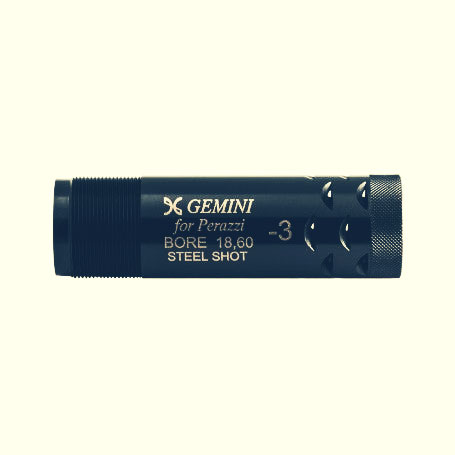Do ported choke tubes really reduce recoil or muzzle climb? I’m wondering if there would be much benefit if I went to ported chokes versus the standard chokes that came with the gun. Are they worth the extra money? Thank you.
Yes and no. It depends on the particular choke tube and the ammunition you’re using.
Generally speaking, a ported choke tube will reduce recoil by redirecting some of the gases expelled from the barrel after the bullet has left. This can help to reduce muzzle rise and make it easier to keep your sights on target for follow-up shots. However, if you’re using very lightweight bullets, a ported choke tube can increase recoil because there’s less resistance against the gas expulsion.
So it depends on the situation. If you’re looking for reduced recoil, a ported choke tube is a good option; but if you’re using heavier bullets, it might be better to go with an unported choke tube.
Yes. A ported choke tube helps reduce recoil by redirecting some of the expanding gases that create recoil out of the barrel and away from your face. This can help make shooting more comfortable and can also help keep your gun on target for follow-up shots.
Not all ported choke tubes are created equal, though, so be sure to do your research before purchasing one to make sure you get a quality product that will work well for your specific firearm.
There is a fair bit of debate surrounding the topic of recoil reduction and choke tubes. Some shooters swear by them, while others claim that there is no noticeable difference in recoil between using a ported or unported choke tube.
The physics behind recoil reduction are relatively straightforward. When a shot is fired, the energy from the expanding gases pushes against the pellets exiting the barrel, which in turn causes the gun to kick backwards. Ported choke tubes redirect some of that energy away from the shooter, thereby reducing felt recoil. How much of a difference this makes depends on many factors, such as bore size, pellet weight, and gas pressure.
That being said, there is no one definitive answer to this question. Ultimately, it comes down to personal preference and what works best for you and your shotgun.
Ported choke tubes are designed to redirect some of the energy from the expanding gases away from the shooter, which can reduce felt recoil. How much of a difference this makes depends on many factors, such as bore size, pellet weight, and gas pressure.
Ultimately, it comes down to personal preference and what works best for you and your shotgun.
There is a fair amount of debate on this topic, as recoil is a complicated phenomenon that can be affected by a variety of factors, including the weight and construction of the firearm, the type and weight of the ammunition, and even the weather. However, many shooters believe that ported choke tubes do reduce recoil.
One theory is that the ports allow some of the gas to escape from behind the projectile as it leaves the barrel, which reduces the recoil impulse. Another theory is that the ports create a more uniform pressure distribution throughout the barrel, which helps to mitigate recoil. However, there is no definitive proof that either of these theories is correct.
At any rate, if you are someone who finds recoil to be a problem, or if you simply want to experiment with different ways to reduce recoil, ported choke tubes are worth a try. Just be aware that they may not do anything to reduce recoil, and they may even increase the amount of muzzle rise and noise.
Recoil is largely affected by shooter technique, the weight and balance of the gun, and the type of ammunition used. However, many shooters believe that ported choke tubes do reduce recoil somewhat.
The purpose of a ported choke tube is to redirect some of the expanding gas emitted from the barrel when a shot is fired down and away from the shooter’s face. This redirected gas creates a kind of “mini-blast” around the muzzle which theoretically reduces recoil. Whether or not this mini-blast affects recoil is up for debate, but there seems to be enough anecdotal evidence to suggest that it does indeed lessen it somewhat.

